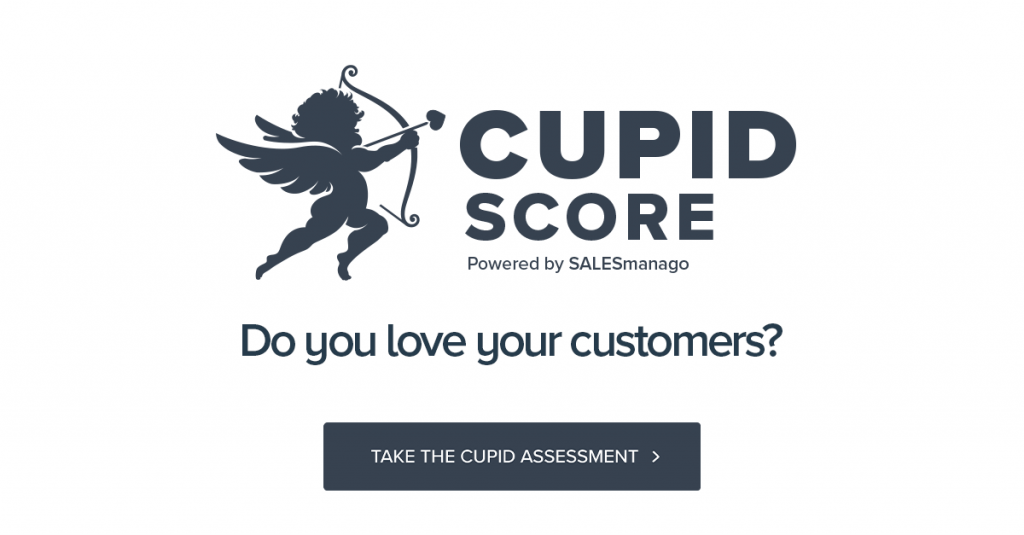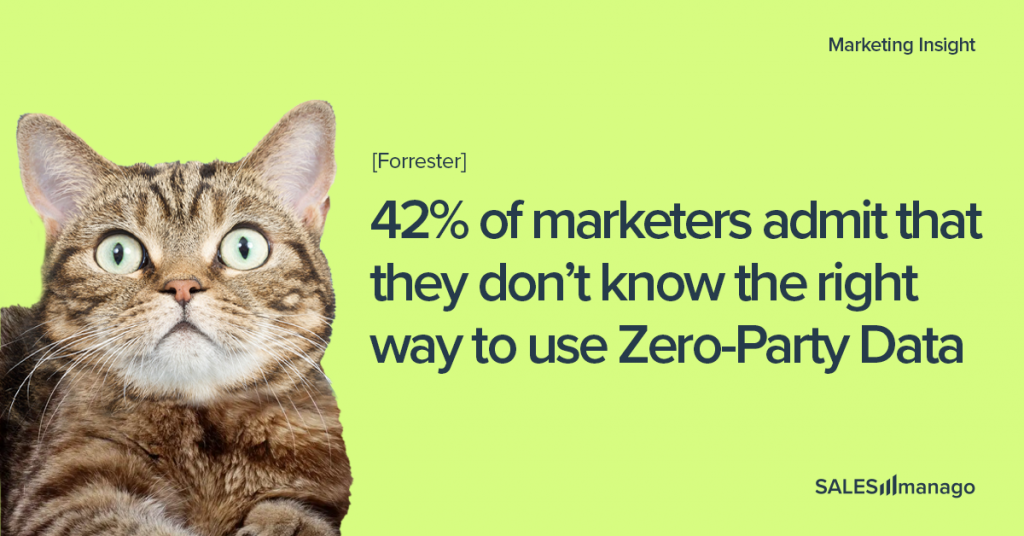Almost all marketers plan to utilize zero-party data to address information deprecation. At the same time, as Forrester’s research shows, less than half know how to use such datasets successfully!
In February 2022, Forrester Consulting surveyed 200 digital marketing decision makers (manager+) focused on customer acquisition. These decision makers work for companies based in either North America or the EMEA region that earn $100 M+ in annual revenue.
The study, commissioned by SheerID, found that 97% of businesses agreed that personalized digital expertise is a cornerstone of promoting applications. Research has found that 90% of businesses are actively respond to information deprecation by capturing zero-party information within the next 12 months.
The context of the findings
As we wrote many times on this blog, information deprecation is occurring due to browser and OS restrictions and privacy-related legal guidelines. In keeping with Forrester’s research, these factors have made it tougher to seize the information essential to carrying out personalized advertising. We wrote a detailed e-book on the Zero-Party Data Revolution in eCommerce, explaining in detail how to use it to your advantage.
This trend just happens to be occurring in the same year (2022) that, according to the latest forecast from the Statista Digital Market Outlook, eCommerce revenues are predicted to shrink year over year.
The expected negative growth is to be taken in the context of the previous forecast for 2022, which projected $481 billion more revenue by the end of the year. Supply chain issues are the largest single weakening factor, with inflation also playing a significant role in the downward revision. The widely expected global recession and subsequent increases in unemployment have left the eCommerce sector with significant hurdles to overcome before it can get back on track.
See also our Recession Survival Guide for eCommerce.
Back to Forrester’s findings, they also revealed that 85% of promoting agency respondents stated that zero-party information is crucial to creating efficient, personalized experiences.
Forrester defines zero-party information as information that a buyer deliberately and voluntarily shares with a brand. Often, that data is provided in exchange for some benefit, such as a unique supply or reward. This description is in accordance with the SALESmanago definition.
“Zero-party information has emerged as a strong software to assist ship personalized experiences. Nonetheless, many companies underestimate the advantages of zero-party information, even going as far as to unnecessarily restrict their use of it to post-acquisition techniques,” Forrester’s explained.
Nonetheless, while 82% of respondents stated that they’ve entered zero-party information, in keeping with the research, 42% admitted they don’t know the right way to use it successfully. This implies that marketers should discover ways to purchase and successfully use zero-party information.
Zero-party information: Challenges and alternatives
The majority of respondents acknowledged that information deprecation has made it tougher to accumulate buyer information, cross-promote, and upsell. A whopping 70% stated that it has become more difficult to trace buyer journeys throughout channels and touchpoints.
Whereas most marketing teams acknowledge that zero-party information is part of the answer, they experience many challenges in buying and utilizing such information. The most common problem reported is that the information isn’t correct (36% of respondents). Because consumers are volunteering information about themselves, there is concern that consumers won’t always provide accurate information about who they are or what they want. Additionally, nearly a third (32% of respondents) said they’re concerned that customers won’t share zero-party data.
Thankfully, this last concern is not based on reality, as Salesforce research clearly shows.
The survey findings also suggest that marketers underestimate how beneficial zero-party data can be. When asked, “How is your organization using or planning to use zero-party data?” less than half (45%) of respondents answered, “Deriving customer insights and customer intelligence,” while an equal number answered, “Tracking customer journeys across channels and touchpoints.”
Quite a large number (43%) of the respondents are using or planning to use zero-party data to learn who their customers are or to “create personalized experiences or messages.” Only 35% are using or planning to use zero-party data to remarket products to existing customers or to cross- or up-sell.
Entrepreneurs invest in know-how to leverage zero-party information
To support their zero-party data strategies, many of the surveyed marketers plan to work with partners over the next 12 months.
Almost two-thirds of respondents (63%) stated that they plan to utilize third-party technology to help them “deliver personalized experiences using zero-party data” and perceive this as a top-priority action. Another 47% listed utilizing technology to verify the accuracy of zero-party data provided by consumers as a top priority. Moreover, 59% stated that they plan to assemble zero-party information by operating sweepstakes and giveaways, and 66% said that building or enhancing their existing loyalty program to capture more zero-party data is a top investment priority.
“As a result of zero-party information is fully opt-in, manufacturers must open their minds to the multitude of how they will encourage shoppers to supply them with high-quality information,” stated Jake Weatherly, CEO of SheerID, the company that commissioned the research. “The excellent news is that there are myriad alternatives to take action, starting from providing VIP providers, to reductions on merchandise, to merchandise personalized for the person,” he continued.
Weatherly also added that businesses who supply actual value won’t be rewarded solely with helpful buyer information; they’ll also set the stage for long-term buyer relationships.


 Follow
Follow
















